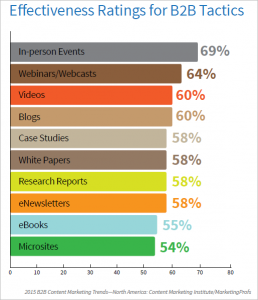
One of the most important things to get right in your social media monitoring strategy is to track the correct keywords in order to get a clear picture of social sentiment about your brand, product and services.
This sounds as simple as tracking mentions of your company’s name or your products, but the truth is that your brand is more than a hashtag. It’s easy to miss vital customer insights by failing to track the right keywords, and even easier to become overwhelmed by useless information if you track too many terms and words.
Thus, keyword segmentation for social media monitoring is both an art and a science—it takes the intuition to know what words audiences might use in conversations about your organisation and its offerings as well as the tools to track for mentions across a range of social platforms.
Broadly speaking, one of the first steps is to decide which terms you’ll include and exclude in the list of keywords that you track. If you’re lucky enough to work for a brand with a unique name, you can probably listen for every mention of its name. You might also want to listen for the common abbreviations and misspellings of your brand name.
On the other hand, if your brand or product names are relatively generic, then you may need to look at excluding irrelevant conversations so that you can stay on top of the conversation.
Inclusion or exclusion?
For example, MTN could refer to the mobile network or it could be an abbreviation for the word ‘mountain’. A social media strategist at MTN might therefore want to exclude conversations about mountains by configuring some relevant filters in his or her social media monitoring tool. On the other hand, Galaxy could either refer to a phone model or to the stars in the universe, in which case a social media expert at Samsung may wish to exclude conversations about science. Lastly, the word Momentum could either be linked to the medical aid fund or as a means to moving forward. In this case, it may be advisable to exclude all conversations relating to movements.
You also need to define the scope of what you wish to track if you are to get meaningful and actionable information from keyword tracking. In a complex business, you may want to decide which branches, business units or products you wish to track—perhaps each of them will have its own social media strategy or perhaps the brand and reputation of one product might be tainted by its association with another.
It’s also important to think beyond your brand or product name when planning to drive conversations that might be relevant to your company without mentioning any brand specific words.
For example, listening for the names of your competitors and their products can give you insight into what their strengths and weaknesses are, what social sentiment surrounds their brands, and what customers in your target market are looking for.
In addition to your own brand, you might want to listen for mentions of organsations that are associated with yours as franchisees, partners, or dealers. If you’re a television manufacturer, for example, your brand could be impacted by the service your dealers offer.
Closing words
Social media listening is a powerful tool for gleaning insight from the millions of conversations that happen on the Internet each day. It’s a powerful way to access customer and competitor intelligence that can help you make better business decisions.
Yet as important as the technology is for tracking social media sentiment, it is also important to think strategically about what exactly you must monitor to get the most valuable information for your business.
(161)





